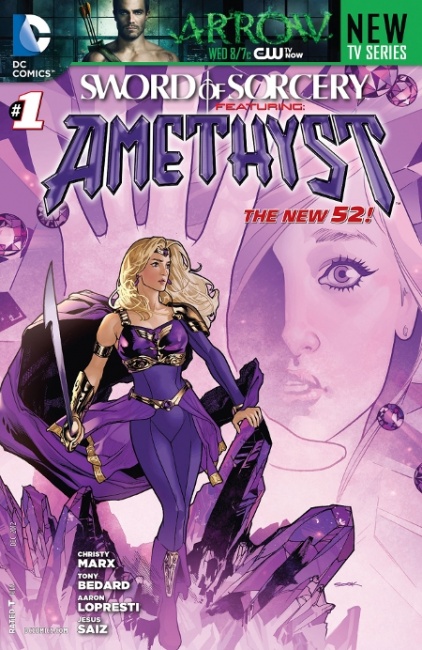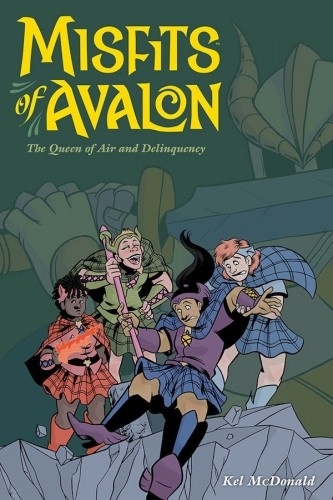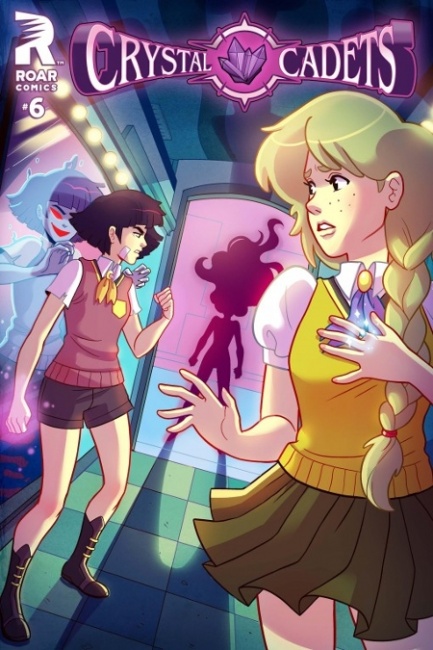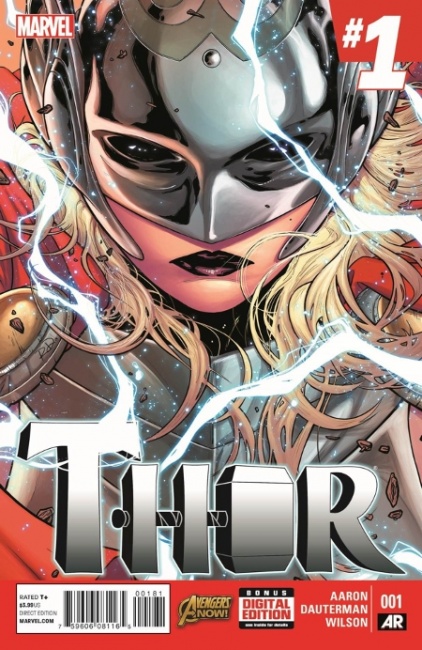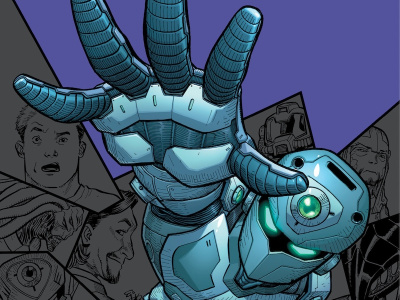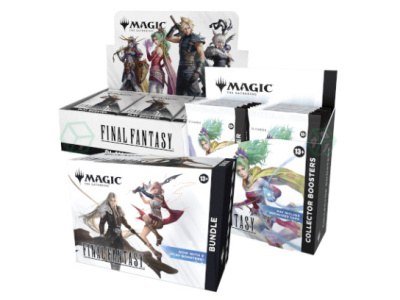Confessions of a Comic Book Guy is a weekly column by Steve Bennett of Super-Fly Comics and Games in Yellow Springs, Ohio. This week Bennett explores the wondrous world of magical girl comics in America.
Previously I had written that the upcoming magical girl Dark Horse series Zodiac Starforce was something "we haven't seen before." Last week (see "Confessions of a Comic Book Guy--Magic Princess Time") I amended that to "we've never had an American comic book" in that genre before. Which, of course, wasn't right either and I heard about it on both Facebook and Twitter. I now realize I really should have at least mentioned Amethyst, Princess of Gemworld; I was a big fan of the original and DC should get started on a revival ASAP. It shouldn't be hard; just do the exact opposite of what they did in 2012's Sword of Sorcery reboot. And I'll confess that before Adam Warren was good enough to remind me, I had completely forgotten about his Gen 13 miniseries Magical Drama Queen Roxy.
What was worse though were the contemporary magical girl comics I didn't write about. Somehow I was completely unaware of both Kel McDonald's Misfits of Avalon, a series also published by Dark Horse, and Crystal Cadets from Lionforge Press' ROAR Comics. Mostly what I heard about though was all of the magical girl webcomics that I didn’t mention. This was due mostly because I was writing about what our audience cares about which is comics they can sell. But I also concede it was also due to my own ignorance; when it comes to webcomics my reading list is mostly confined to PVP, Diesel Sweeties and Sinfest.
This is due mostly to a lack of time. I don't have enough to read all the print and digital comics I want to read as it is. But there's no arrogance involved, it's not that I think webcomics aren't "real" comics; I've liked a lot of the webcomics I've read. Those comments on Twitter offered me a lot of suggestions for magical girl comics I could try; to name just a few there's Agents of the Realm, Sleepless Domain, Shattered Starlight, Battle Dog, Princess Lovepon, etc. One thing I learned from these is the many different takes the creators have on the genre. While both are magical girl comics when it comes to tone and execution you couldn't ask for two titles more diametrically opposed than Misfits of Avalon and Crystal Cadets.
Something else that occurred to me after the fact was that I hadn't bothered to define my terms. Meaning what, exactly, constitutes a "magical girl" comic? I admit when I first broached the subject I had the traditional Sailor Moon, Cardcaptor Sakura template in mind; schoolgirls who singularly or in groups transform via magic gimcracks and fight evil. But as with the term "superhero," there's definitely been some definition creep over the years. Apparently it can now also mean any girl who fights evil magically--online I found a list of magical girls which included Buffy the Vampire Slayer.
Species apparently doesn't have to be a requirement; My Little Pony might qualify as a magical girl series--if the characters were human. And magic doesn't necessarily have to enter into it either; when someone suggested that Jem and the Holograms qualified my initial reaction was a reflexive "of course not." But it does have girls who fight evil (sort of) and is sort of a signature transformation. And Steven Universe has a lot of the elements of a magical girl show, except that its magical girls are neither magical or girls exactly. Steven's guardians The Crystal Gems, Garnet, Amethyst and Pearl don't transform; they're humanoid crystalline aliens, members of a race without a gender binary who use an extraterrestrial technology that could easily be confused with magic.
I wouldn't even want to hazard a guess as to what the readership of these magical girl comics is. I suppose it's natural to presume the audience is primarily female and I can see the appeal of these kind of stories would be to girls and women, but I've learned the hard way never to assume. Here's a confession, I myself have a strange fondness for Disney’s W.IT.C.H. series, the Italian comic written by Elisabetta Gnone, Alessandro Barbucci and Barbara Canepa. Disney Publishing Worldwide published the comics in magazine form everywhere but in the UK and USA where they came out as a series of eight graphic novels. Because, it was presumed, that girls didn't read comics.
So, with a definition apparently this flexible and given that we've reached a place in the industry where interest in and sales of female superheroes have begun to dominate, I suppose the next real question is, are the terms "magical girl" and "superhero" now essentially interchangeable? I honestly don't know. All I know is the best-selling magical girl comic in America is, strangely enough, Thor.
The opinions expressed in this column are solely those of the writer, and do not necessarily reflect the views of the editorial staff of ICv2.com.
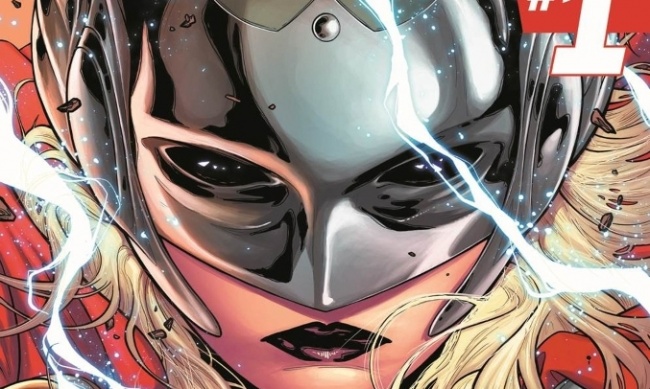
Column by Steve Bennett
Posted by ICv2 on April 22, 2015 @ 2:10 am CT
MORE COMICS
Says Next Payroll Is at Stake
July 2, 2025
Dynamite Entertainment says it cannot make next week's payroll unless it is paid for past due invoices.
Expanding the 'Invincible' Universe
July 1, 2025
The compendia bring new characters and stories to the best-selling franchise.
MORE COLUMNS
Column by Rob Salkowitz
June 30, 2025
Columnist Rob Salkowitz talks to a mid-sized publisher who told him we are at "DEFCON 2, if not DEFCON1."
Column by Scott Thorne
June 30, 2025
This week, columnist Scott Thorne discusses sales on the Final Fantasy set and his experience with Games Workshop's policies on breaking release dates.



